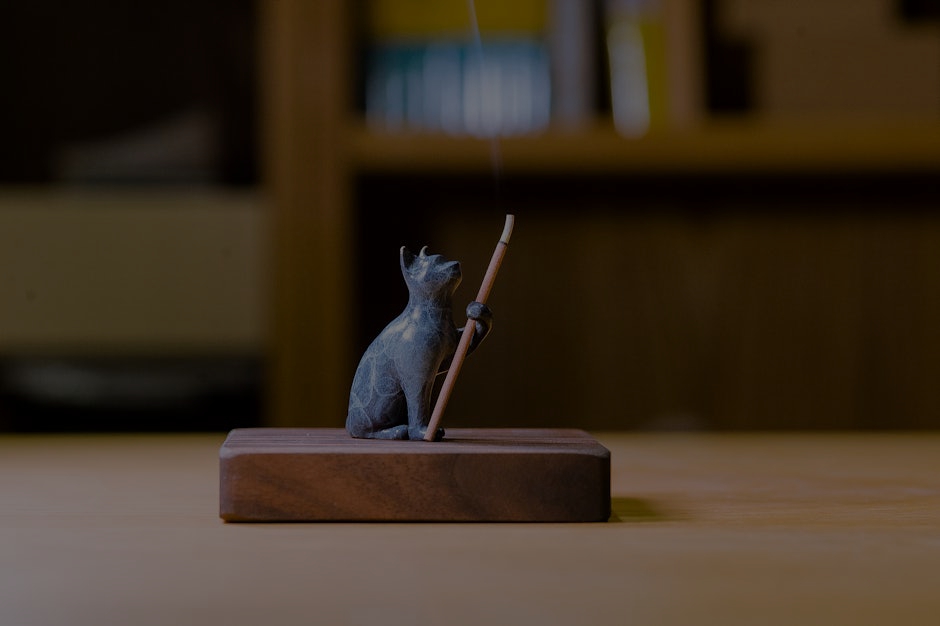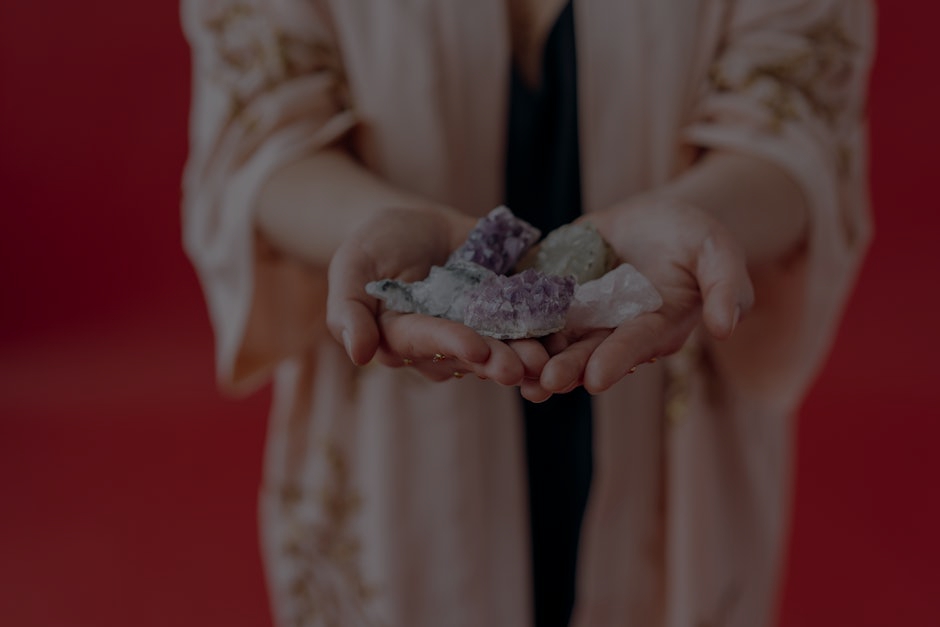**Abstract:** Discover simple yet effective feng shui tips to create a calming meditation space that promotes relaxation and mindfulness. Transform your environment into a serene oasis for inner peace.
Understanding Feng Shui and Its Benefits
Feng shui, an ancient Chinese practice, emphasizes the harmony between individuals and their environment. By arranging your space thoughtfully, you can enhance the flow of energy, or “chi,” promoting a sense of calm and balance. This is especially crucial in a meditation space, where the goal is to cultivate tranquility and focus. Implementing feng shui principles can lead to a more peaceful mind, improved well-being, and a deeper meditation experience.
Choosing the Right Location
The placement of your meditation space is fundamental in feng shui. Ideally, select a quiet corner of your home, away from distractions and noise. If possible, position your space in a location that allows for natural light, as sunlight can uplift energy levels. Avoid spaces near clutter or high-traffic areas, as these can disrupt your sense of peace. A serene view, whether it’s a garden or a calming wall art piece, can enhance your meditation experience, allowing you to connect with nature.
Decluttering for Clarity
A cluttered space often leads to a cluttered mind. Before setting up your meditation area, take the time to declutter. Remove unnecessary items that don’t resonate with your purpose of meditation. Keep only those objects that inspire tranquility and focus. Organizing your space not only creates a more inviting atmosphere but also symbolizes a clear mind, which is essential for effective meditation practice.
Incorporating Natural Elements
Bringing nature indoors is a powerful feng shui tip. Incorporate elements such as plants, stones, or water features into your meditation space. Plants like peace lilies or bamboo not only purify the air but also symbolize growth and tranquility. A small water fountain can create soothing sounds, enhancing relaxation. Ensure that these elements are well-maintained, as dying plants or stagnant water can have the opposite effect, creating negative energy.
Choosing Calming Colors
Color plays a significant role in feng shui and can greatly influence your mood. For a calming meditation space, opt for soft, neutral colors such as blues, greens, or pastels. These shades promote relaxation and peace, making them ideal for your meditation area. Avoid vibrant or overly stimulating colors, as they can distract from the meditative experience. Consider using soft textiles or artwork that reflect these calming hues to enhance the overall ambiance.
Creating a Comfortable Atmosphere
Comfort is key in a meditation space. Choose a comfortable cushion or mat that supports your practice, allowing you to focus on your breath and thoughts without discomfort. Add soft lighting, such as candles or dimmable lamps, to create a warm, inviting environment. The right lighting can significantly affect your mood and energy levels, helping you transition into a state of relaxation more easily.
Incorporating Personal Touches
Your meditation space should reflect your personal style and preferences. Incorporate items that resonate with you, such as crystals, meaningful artwork, or inspirational quotes. These personal touches can serve as reminders of your intentions and help you feel more connected to your practice. Ensure that these items contribute to the overall calm and don’t create distractions.
Establishing a Routine
Once your meditation space is set up, establish a routine to reinforce the habit. Consistency is vital in meditation, and having a designated space can signal to your mind that it’s time to relax. Set aside specific times each day for your practice, and use this space solely for meditation. Over time, your mind will associate this area with calmness and focus, enhancing the effectiveness of your sessions.
By implementing these simple feng shui tips, you can create a calming meditation space that fosters mindfulness and relaxation. With the right environment, you can deepen your practice and enjoy the numerous benefits of meditation, leading to a more balanced and peaceful life.



